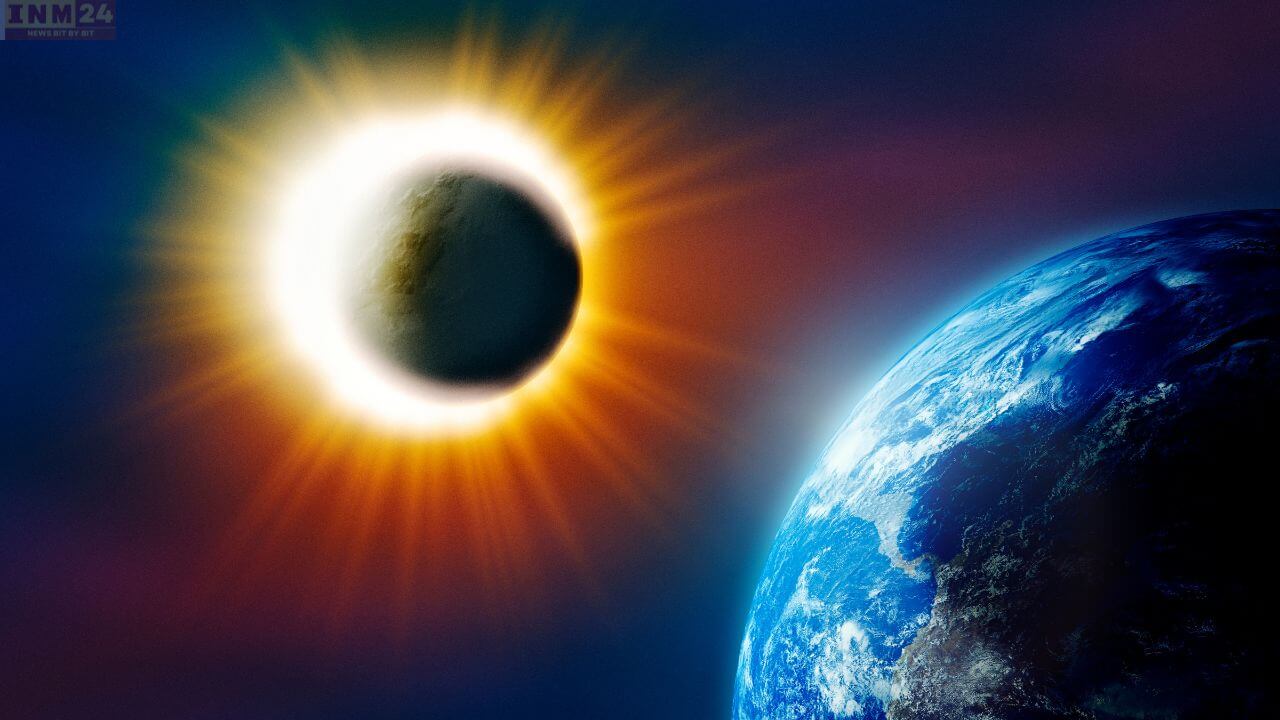Scheduled for April 8, 2024, a total solar eclipse is set to capture the attention of astronomers and sky gazers worldwide. As preparations for the event kick off, astronomers anticipate a rare spectacle during the solar eclipse, one that will allow both scientists and the general public alike to witness a remarkable phenomenon in the sky. This event promises a unique opportunity to observe several planets within our solar system directly.
Highlights
- Full solar eclipse scheduled for April 8, 2024.
- Rare celestial spectacle expected during the solar eclipse.
- Several planets of our solar system to be visible without telescopes.
The total solar eclipse offers a rare chance for the public to observe other planets from Earth during the phenomenon. According to astronomers, two of our solar system’s planets will be directly visible during this time – Jupiter and Venus.
Astronomer Ellen O’Donoghue from St. Lawrence University explains that these two planets will shine even brighter than Sirius, the brightest star visible during the night. Let’s delve into how these celestial bodies can be observed during the solar eclipse.
Where to Find Venus?
During the solar eclipse, Venus will appear prominently below the Sun at an angle of approximately 15 degrees. Venus will stand out due to its proximity to Earth and its cover by dense, heat-trapping clouds. These clouds reflect most of the sunlight back into space, making Venus shine brightly during the eclipse.
How to Spot Jupiter?
Jupiter, a giant gas planet eleven times larger than Earth, will also be clearly visible. During the eclipse, Jupiter will be positioned slightly above and to the left of the Sun, at a distance of about 30 degrees from the Sun’s location. Besides Venus and Jupiter, you may also catch glimpses of Saturn and Mars, both appearing towards the southwest, near the horizon. These planets are expected to be about 10 degrees above the horizon.
While these planets will be visible to the naked eye, observers may require binoculars to spot smaller celestial objects like comets. Nonetheless, the solar eclipse presents an extraordinary opportunity for sky enthusiasts to witness the splendor of our solar system directly.
The upcoming total solar eclipse promises an unforgettable experience for both astronomers and the public alike. With Venus and Jupiter shining brightly in the sky during the event, sky gazers are in for a treat. Whether you’re an avid astronomer or simply a curious observer, mark your calendars for April 8, 2024, and prepare to witness this celestial spectacle firsthand.
